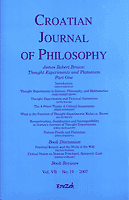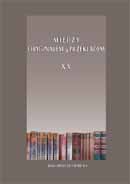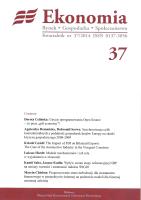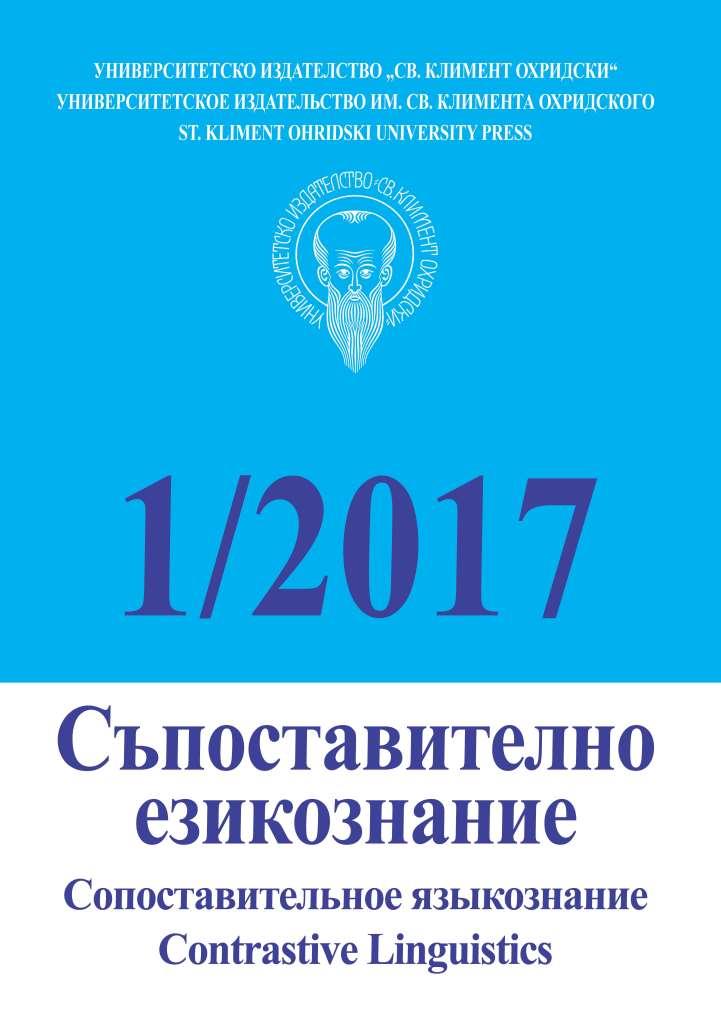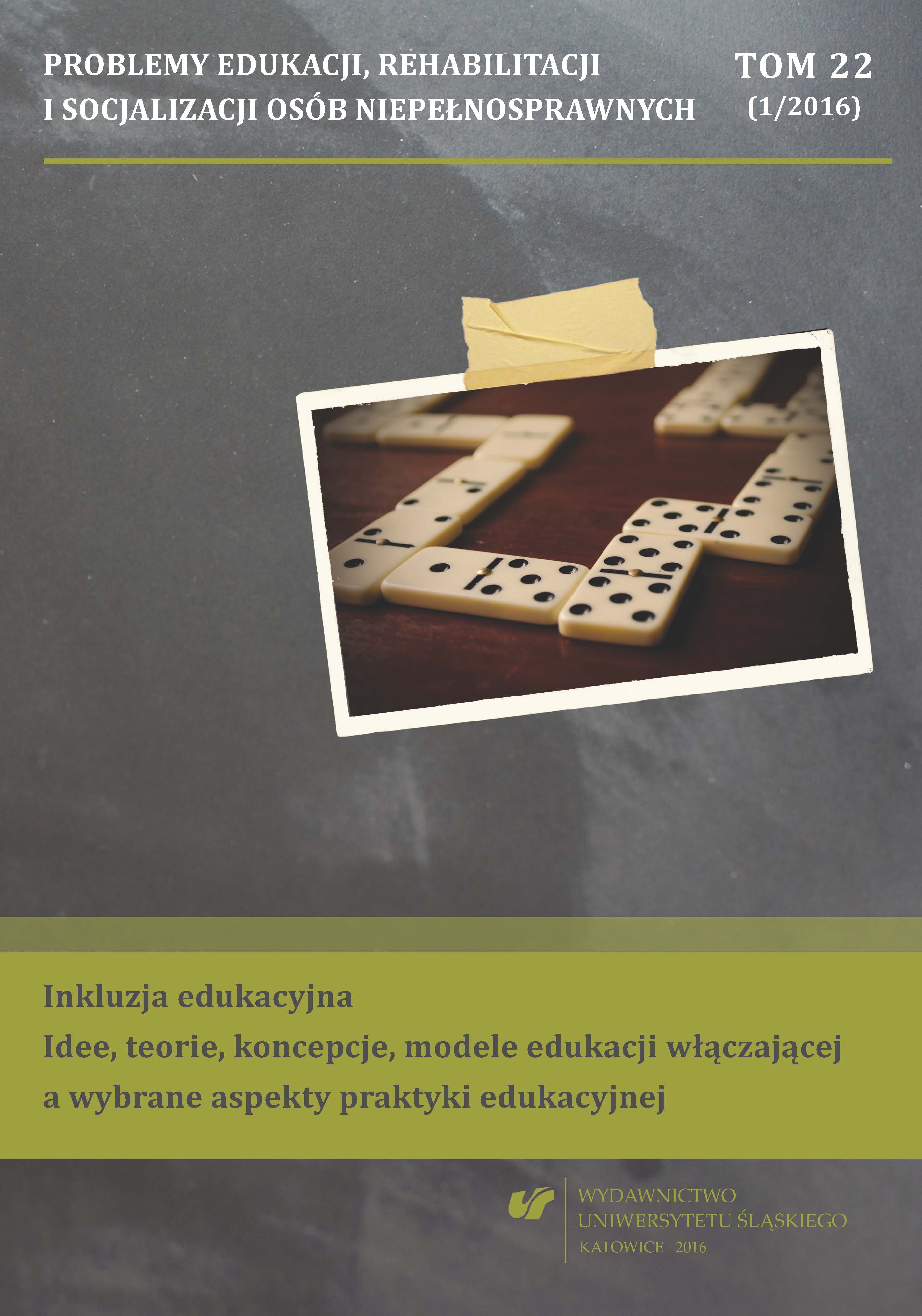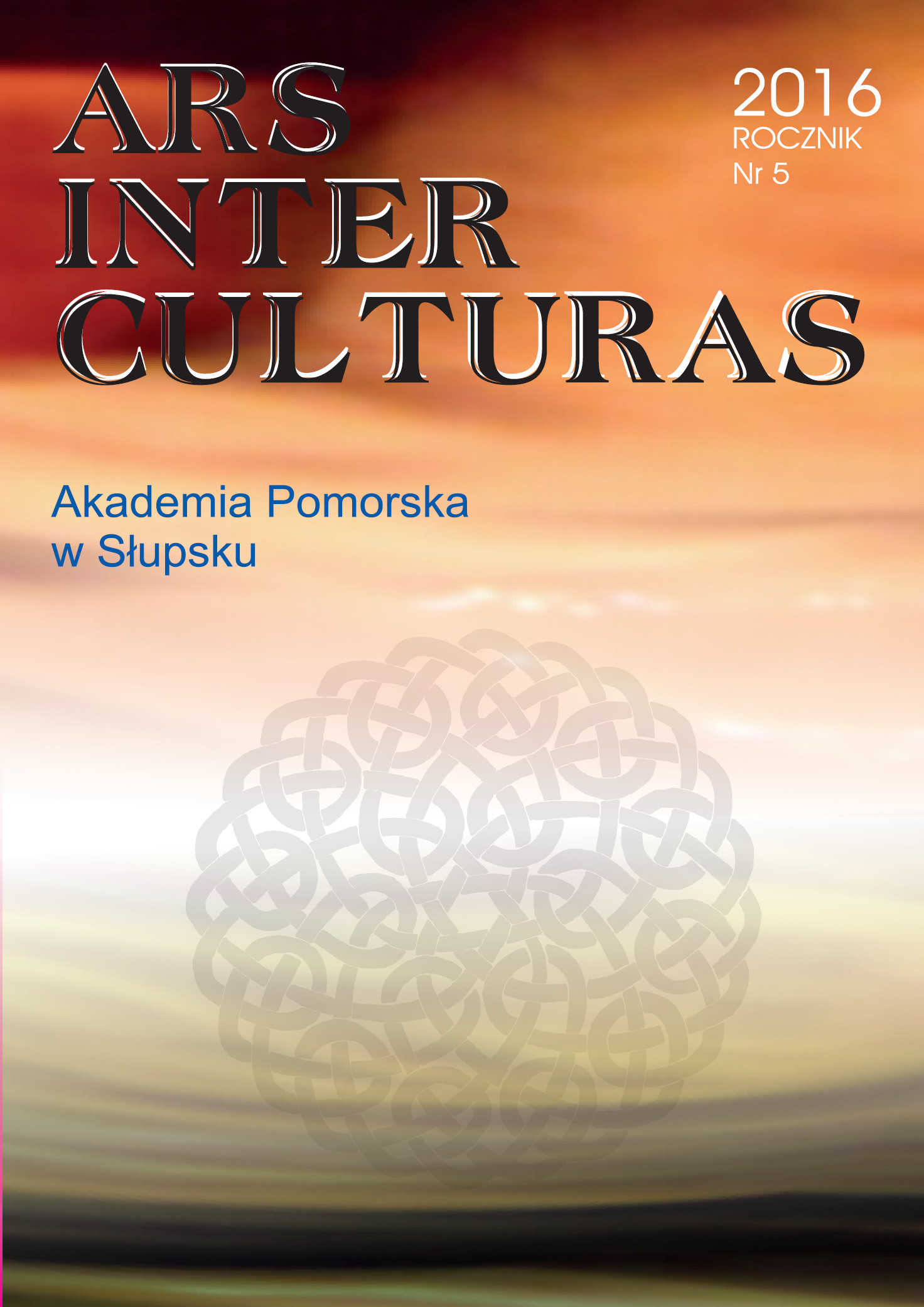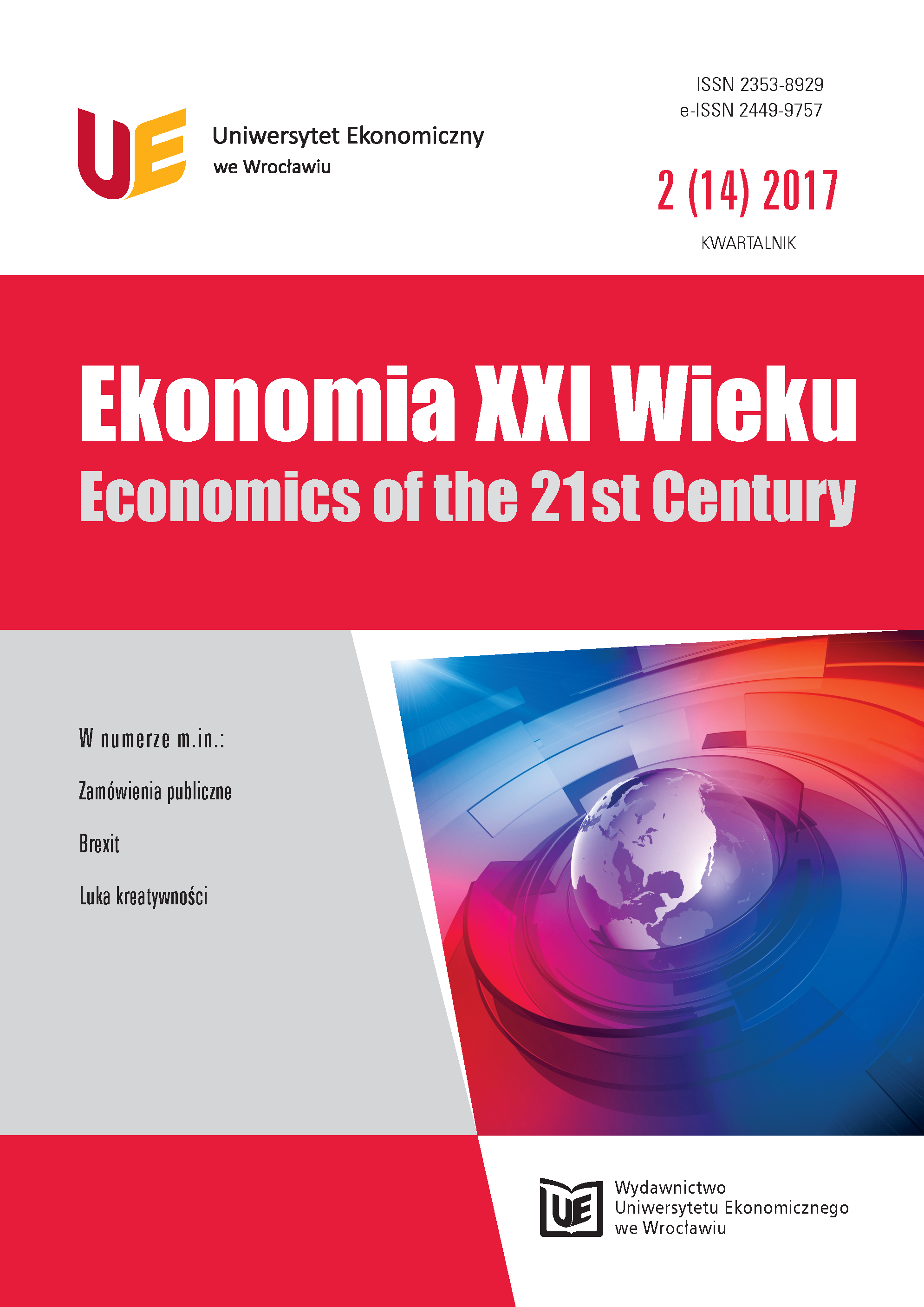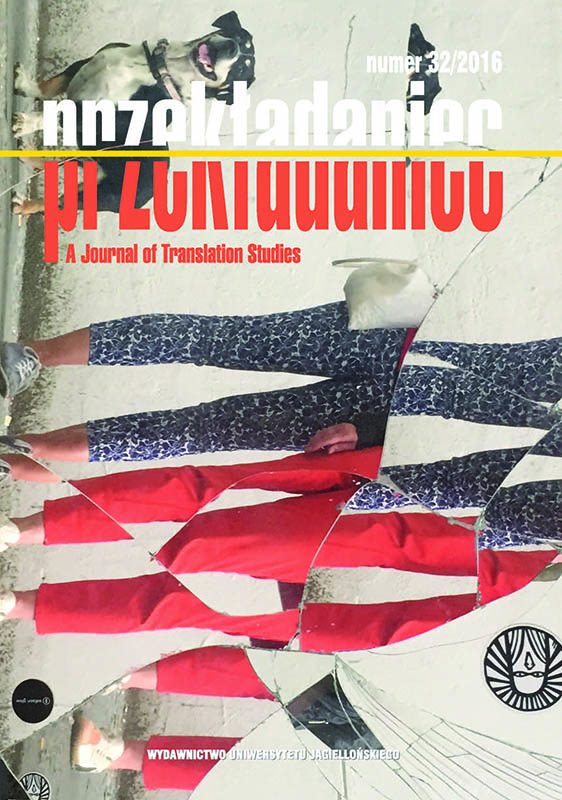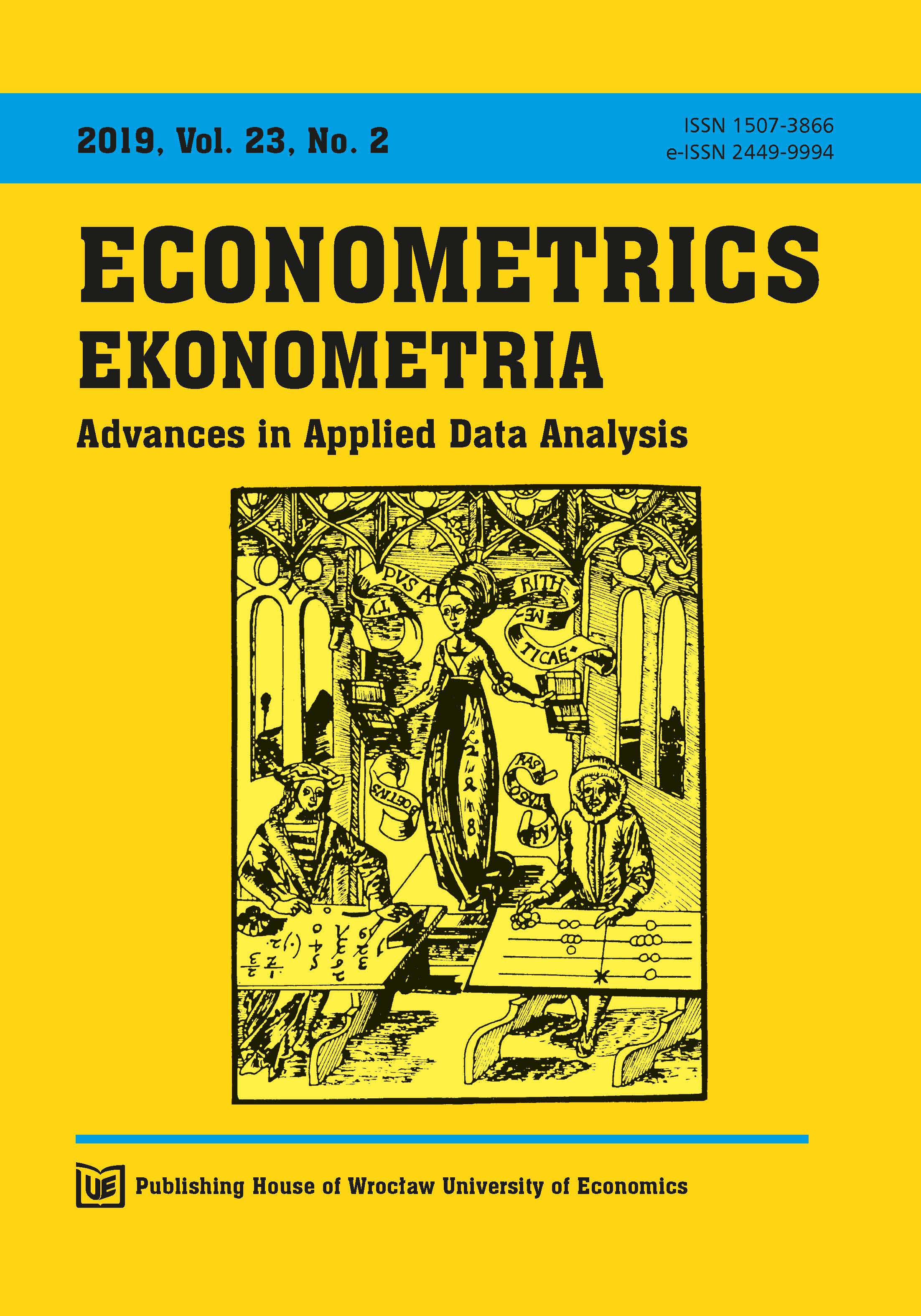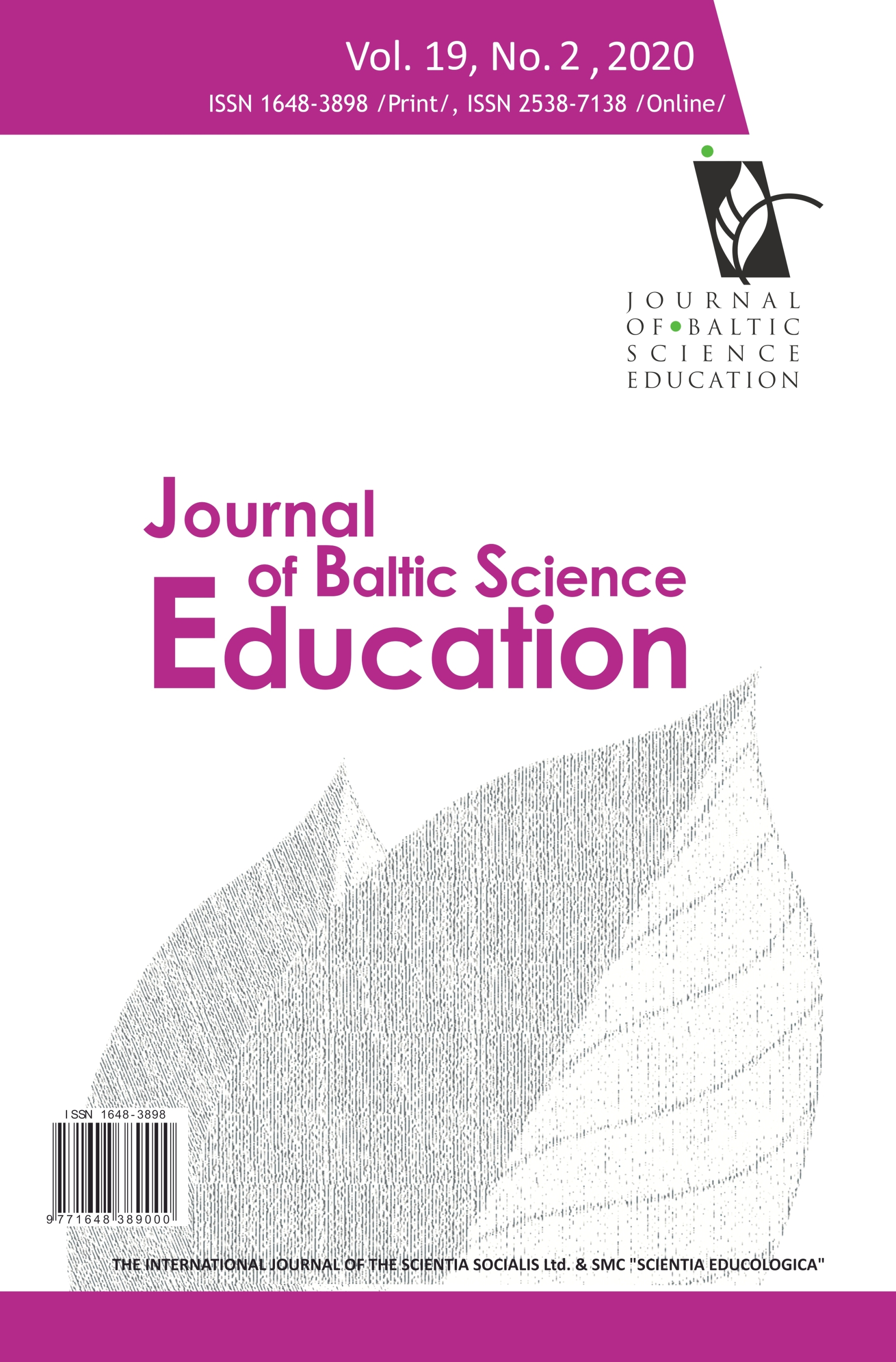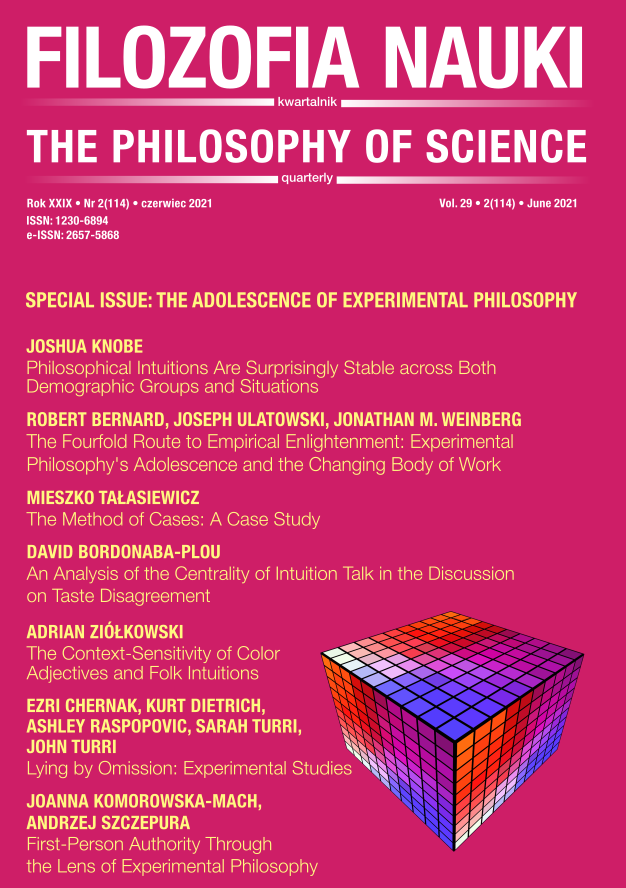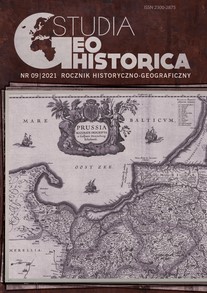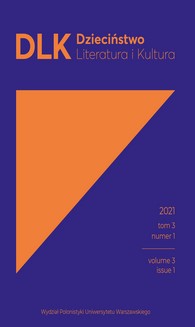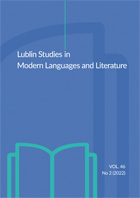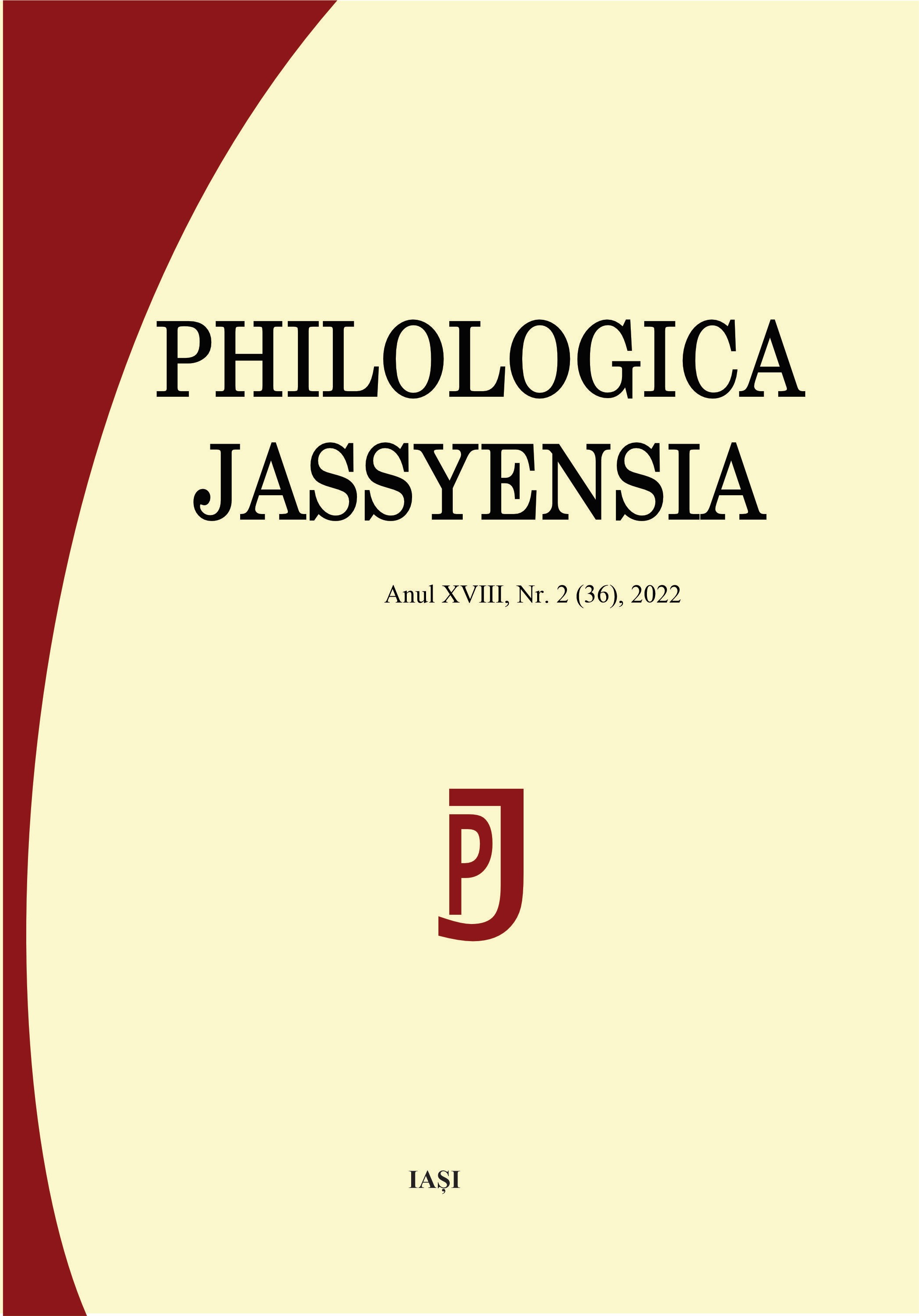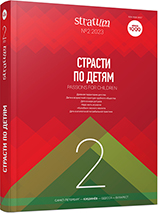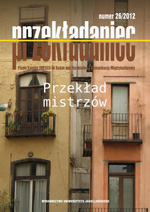
Polish Ashbery Back in America?
Polski Ashbery w Ameryce
Keywords: Andrzej Sosnowski; John Ashbery; translation as reading; translation as close reading; self-translation; Polish literature translated into English
John Ashbery’s poetry was introduced to Polish readers for the first time in 1986, in the now legendary “blue” issue of the world literature review “Literatura na Świecie”. Although the American poet spoke vicariously through the voice of Piotr Sommer’s translatory ventriloquism, and later also via other translators’ voices, it is Andrzej Sosnowski who is typically perceived as the ambassador of Ashbery in Poland. He has been popularizing Ashbery’s poetry by translations and criticism, and – what is more important – also by publishing his own poetry, which has grown through Ashberian verse. Still, easy parallels should be avoided, especially if one considers translations of Sosnowski’s poetry into English. A discussion of a rendition by Rod Mengham, an American poet who translates in cooperation with the author, raises interesting questions of the limits and hermeneutics of translation and mediation of authorial intention, form and language. Can this poetry, so deeply rooted in the American tradition, resist translation into English? This article attempts to answer some of the questions by studying the processes and (im)possibilities of translation of Sosnowski’s poetry.
More...
